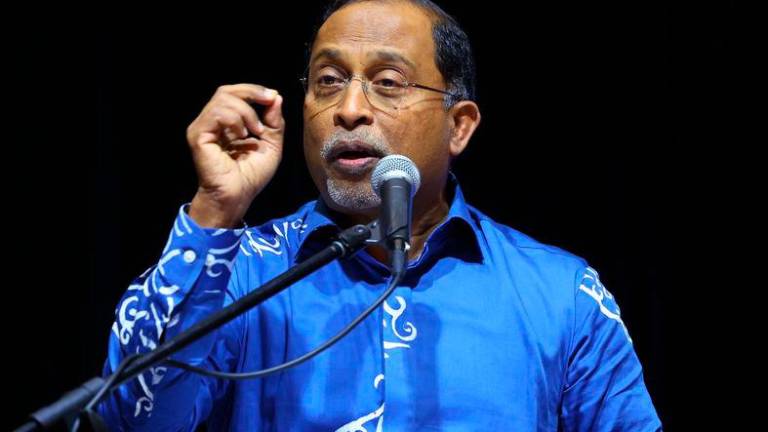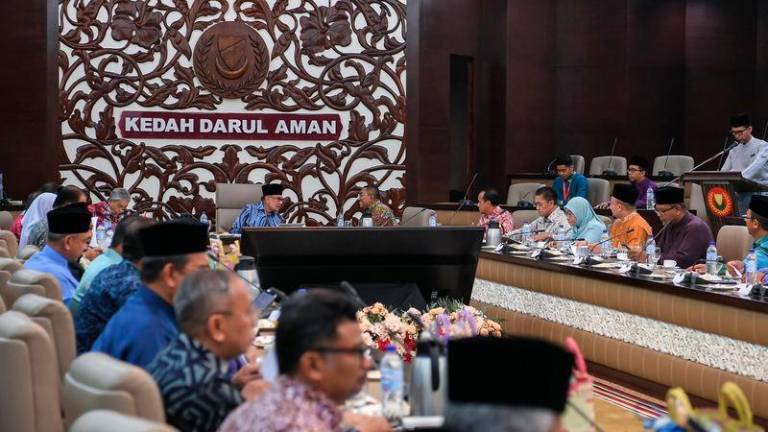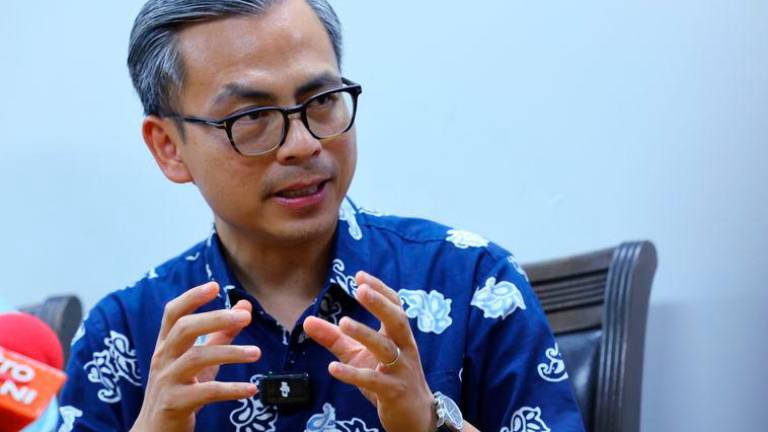PETALING JAYA: The government that comes to power after the 15th general election (GE15) should shift to a long-term focus to increase revenue, win domestic and foreign investors’ confidence as well as raise citizens’ average income.
Policy and Economic Affairs Centre of Malaysia Foundation CEO Dr Zokhri Idris said most of the GE15 manifestos focus on short-term solutions in terms of the nation’s economic resilience and growth.
“Barisan Nasional, Perikatan Nasional and Pakatan Harapan, while it is good to protect vulnerable communities from the impact of inflation, fail to craft sustainable strategies on how the country can weather a global recession,” he told SunBiz.
Zokhri said the government should focus on a value-creation economy considering the context of prevailing geopolitics and economic headwinds.
“For instance, in the 1980s we introduced government-linked companies and government-linked investment companies that became the arms of government in generating growth in the economy.
“Second is to revisit the economic agenda that was halted, such as the blue ocean strategy that prioritises creating demand intra-nation, instead of searching for demand.
“Third is economic diversification since it is not possible for the nation to rely on oil and gas revenue from Petronas (Petroliam Nasional Bhd) forever. Petronas has been the biggest contributor to the government’s revenue but natural resources within Malaysian waters are depleting as time goes by.”
The Finance Ministry has projected non-tax revenue to decline 23% to RM67 billion (3.7% of gross domestic product) next year due to lower dividends from government entities, particularly dividends from Petronas which is projected to be lower at RM35 billion from RM50 billion (2022).
“Malaysia should look into the green (based on biodiversity and environment) and blue (water-based) economy. We are surrounded by a high rate of forestation, and at the same time surrounded by the Malacca Strait and the South China Sea,” Zokhri said.
In addition, instead of just infrastructure development, the country should pay attention to infrastructure maintenance too.
“Public transport is part of development and we cannot afford constant service disruptions in economic areas.”
He said that Malaysia should work towards self-sustenance especially involving basic food consumption as the global geopolitical situation has changed.
“We must address food security because in the long term we want to reduce dependency to imports. Rice should not be something scarce in a country where padi can be harvested,” Zokhri stressed.
Japan National Graduate Institute for Policy Studies Assistant Professor (Southeast Asian Studies) Dr Lim Guanie concurred that Malaysia has to broaden its revenue stream.
“This is a fiscal policy discussion so, first and foremost, plug leakages, such as subsidies. Make subsidies more targeted and do reconsider GST and have the political will to implement it properly. In East Asia, almost all the economies have GST/VAT, so why should we be the odd man out?
“Given the relative maturity of our economy, it is timely to revisit the agenda of raising per capita income. More income to the people means more tax to be collected,” he added.
Redvest Wealth & Asset Management Sdn Bhd CIO Julian Suresh Sundaram opined that investors will need to be assured that they can allocate and remove capital with little friction and have recourse through the legal systems.
“The new government will have to ensure transparency and safeguard press freedom because it possesses the ability to shine a light on the running of the government,” he said.
Socio-Economic Research Centre Executive Director Dr Lee Heng Guie said the next elected government has to reset Malaysia as a nation governed by credible institutions to win investors’ confidence.
“Additionally, development policies should focus on affordable housing; healthcare, supporting the elderly, and strengthening the social safety net. And level up technological capability, digitalisation, food production, and climate change in terms of industrial policies,” he added.









